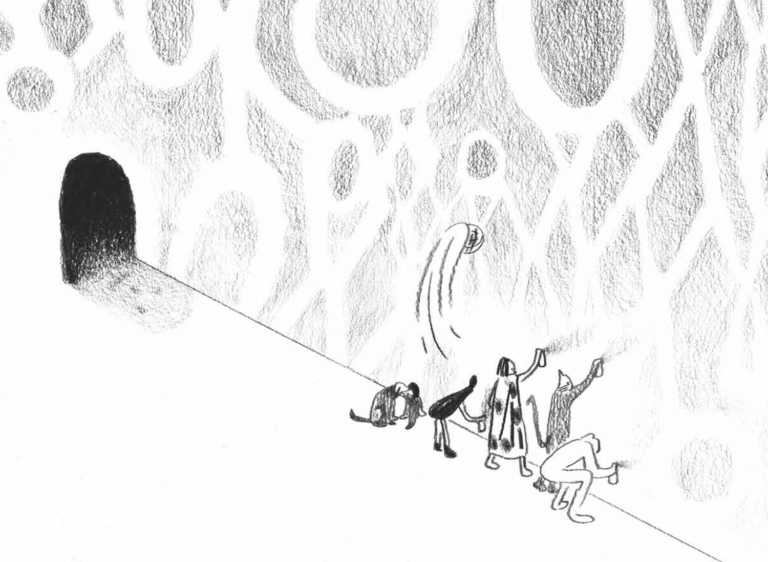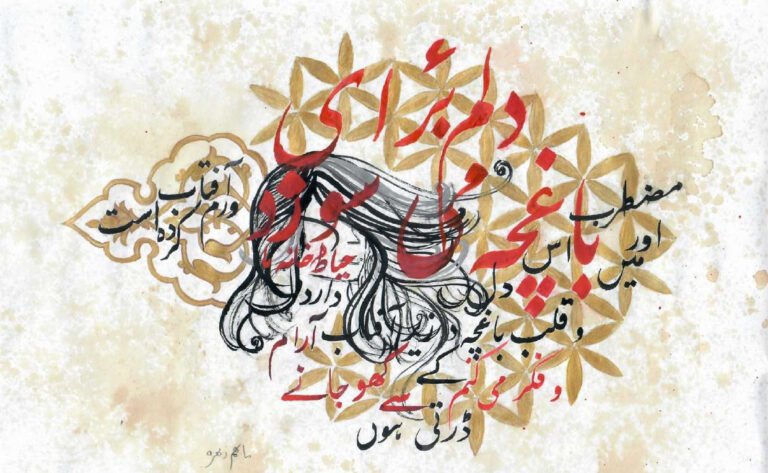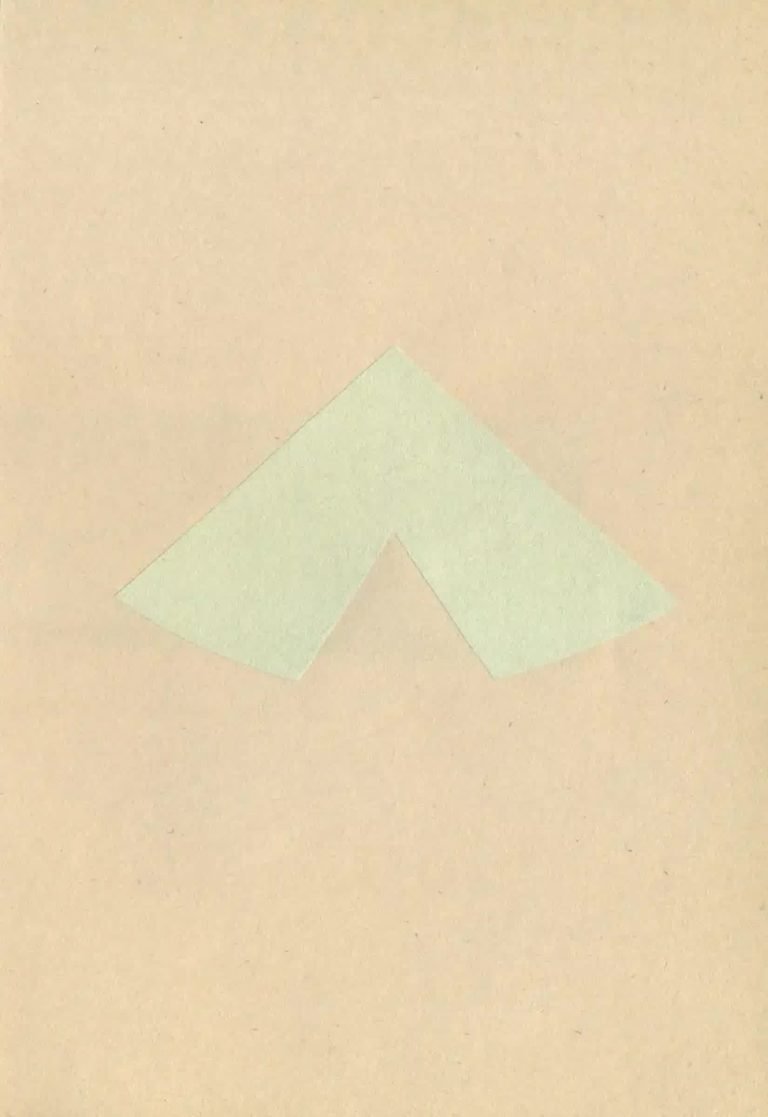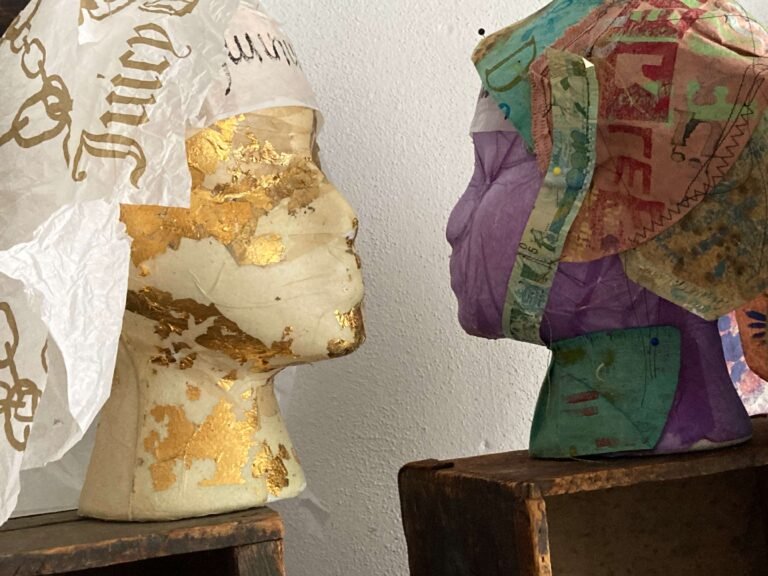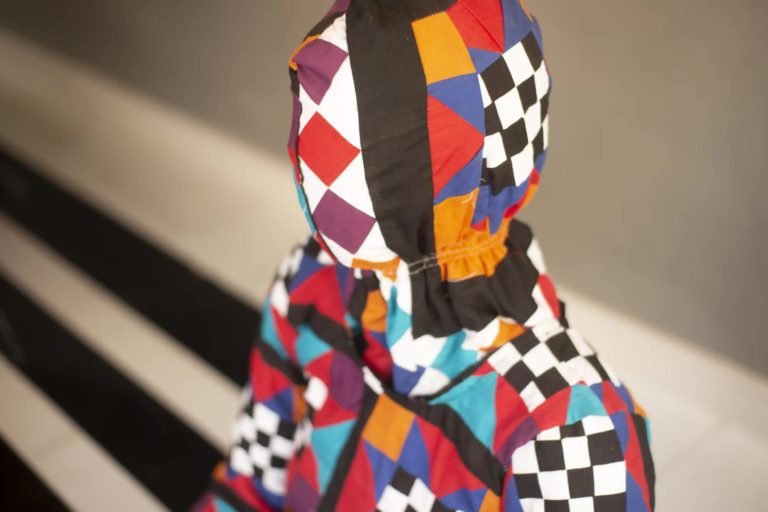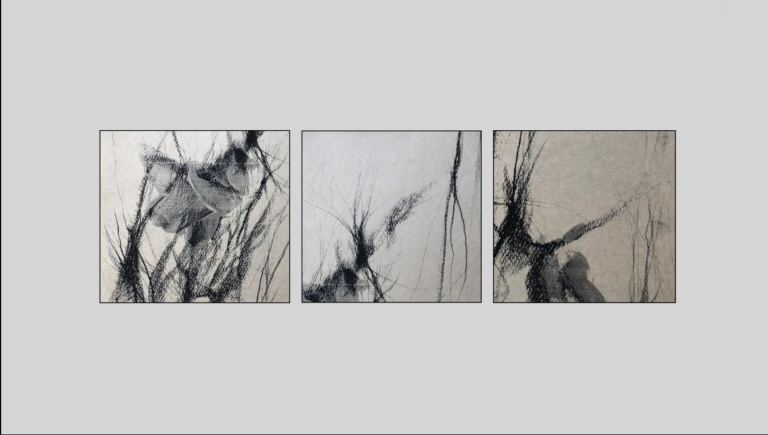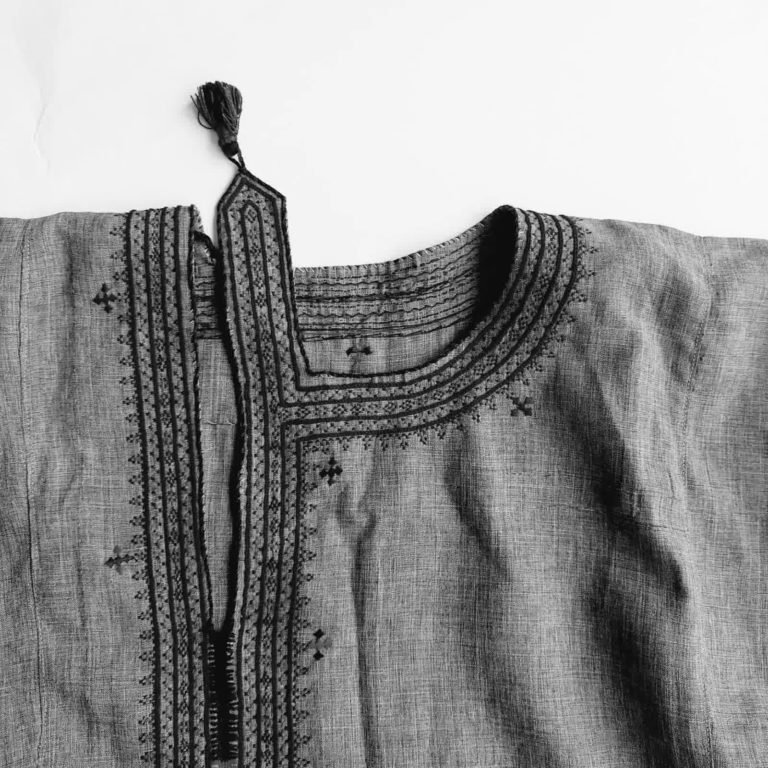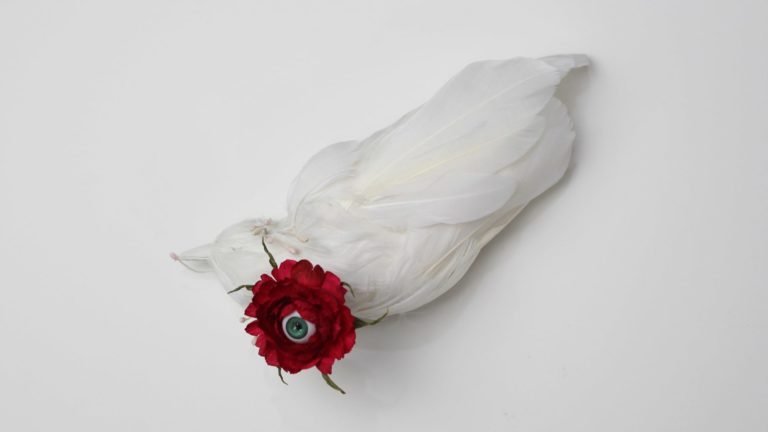Home Yet?
How do you mourn home when its loss is either denied or imperceptible to those who never have to think about the possibility of such a loss?
Who has the right to mourn a home?
What does it mean to love, lose, leave, or return home?
How can mourning also be an act of imagining, making visible, recreating, reconnecting with, and even celebrating home?
How can the mourning of home connect our many homes?
Putth: Looking Backwards
Alizeh, we are both taking a walk for a language, in search of a greeting.
Yashfeen, we are both lost lovers, and our mothers are our lost lovers.
Alizeh, we are negotiating burdens and borders.
Yashfeen, there is a round shrine floating in a lake named after a woman and many other places about the lives and experiences of sindhi women. Noori’s shrine. Moomal’s mari. Sateen jo Astaan.
Alizeh, I want to visit my Nani’s grave, and the place where everyone gathered when I was young.
Yashfeen, my mother and father arrived in Karachi, so when I was born, the arrival was in the past, had only happened, and I was to live in its aftermath. Going to their hometowns was going ‘back’, when I had never had a back.
Alizeh, it’s really hot. Should we go to the lake? What does Google say. Are you hungry?
Yashfeen, sometimes I think that my mother never arrived. She was never in this city, but always going backwards. This is why she is still looking to arrive. This is why we are both prepared for flight or refuge or flight or refuge or flight or refuge
Alizeh, I’ve spent so much time in the car on these roads. Always in transit, point A to point B. And I’ve always looked out at the sides of these roads, beyond the fields, out to the sky, and tried to capture them in my mind's eye but always failed. Let’s stop and draw here.



